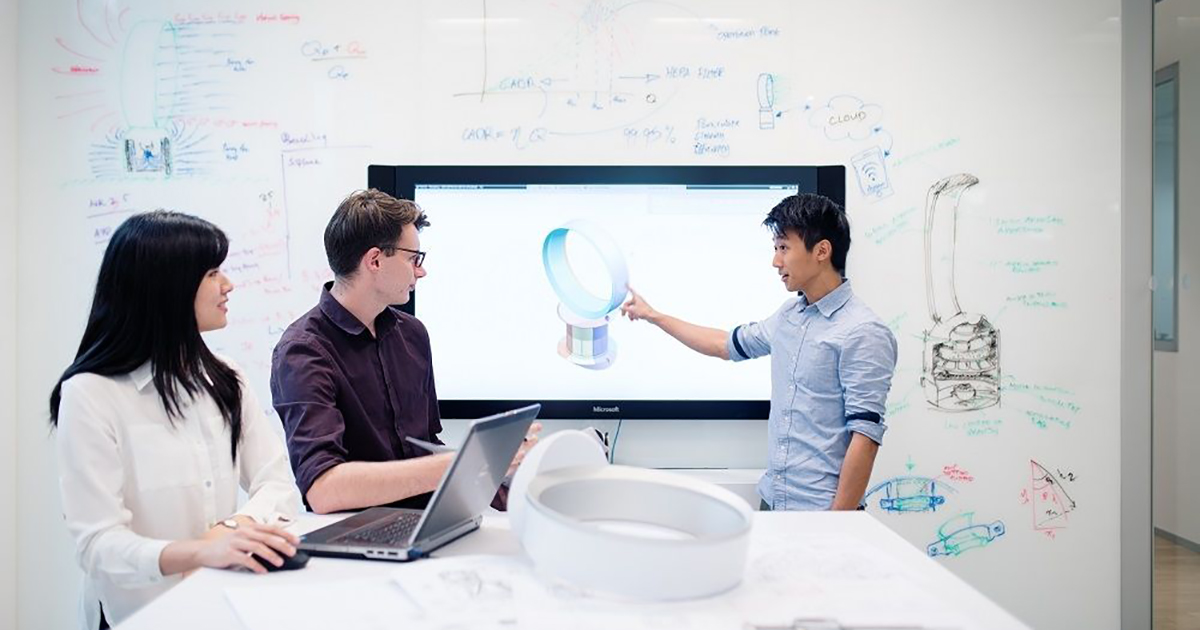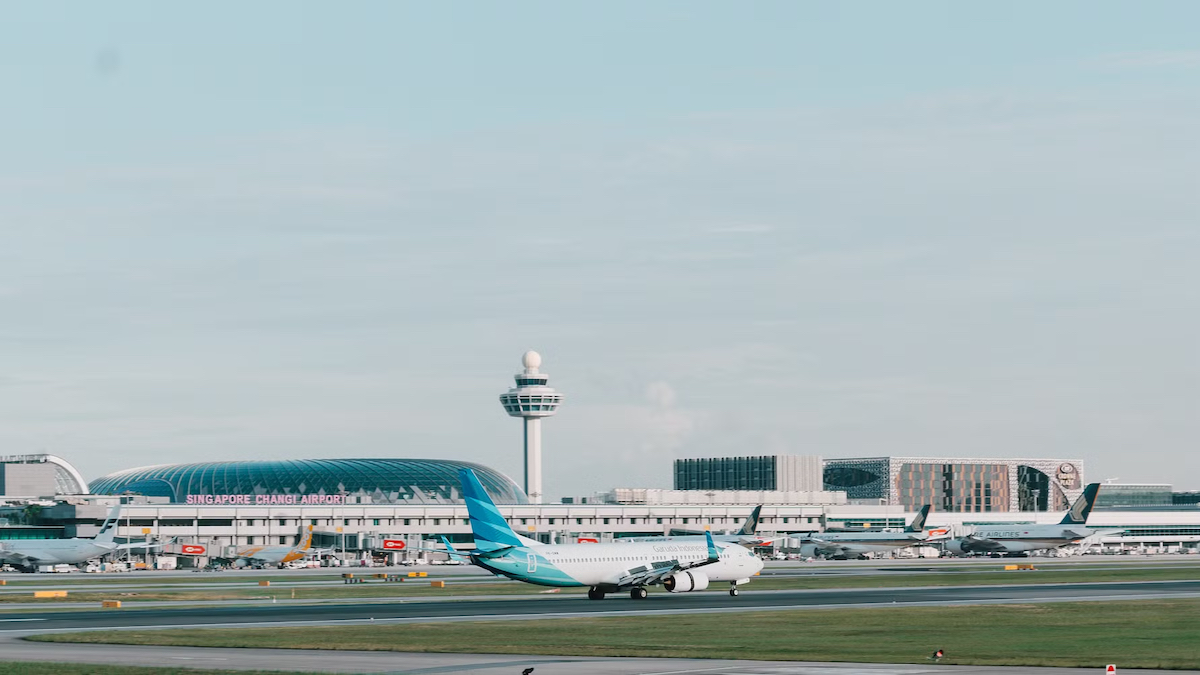British tech firm Dyson announced last night (22 Jan) that it will be moving its corporate head office to Singapore.
Best known for its bladeless fans, vacuum cleaners, and more recently its hair dryers and curlers, it stated that the move is to “reflect the increasing importance of Asia” to the business.
It stated in a press release that “an increasing majority of Dyson’s customers and all of our manufacturing operations are now in Asia”, and that the shift “has been occurring for some time” and will quicken as it brings its electric vehicle to market.
As a result, an increasing proportion of Dyson’s executive team is going to be based in Singapore; positioning them to make the right decisions for Dyson in a quick and efficient way.
A prototype Dyson electric vehicle is due to be released in 2020, and there are plans for it to be launched in 2021.

Dyson reported earnings (before interest, tax, depreciation and amortisation) of £1.1 billion (S$1.94 billion) in 2018.
According to The Guardian, founder James Dyson owns 100% of the company and with the move, will “continue to divide his time between Singapore and the UK as the business requires it”.
“Much of Dyson’s product development” will still remain in southwest England, and the company is planning to expand its research and engineering operations in Britain.
New laboratories will also be constructed in the UK to “cater for the growth of Dyson’s energy storage research and robotics programme”.
Dyson also stated that the move “was not driven by Brexit or any tax implications”.
Its chief executive Jim Rowan added that the firm was “seeing the biggest demand for its products like air purifiers and hairdryers as well as cleaners in Asia”.
Sharing that their growth rate in Asia “has doubled most other places in the world over recent years” and that “more than half of its profit” came from the region, the move’s motivation is the “future proofing” of Dyson.
In response to calls that the move is to reduce the corporate tax it pays, Rowan said that the difference is “negligible”.
Corporate tax in Singapore is 17%, and 19% in Britain, but this is set to fall to 18% in 2020.
Not The First Major Announcement Of Dyson In Singapore
Dyson first entered Singapore over a decade ago with just a small engineering team, but in 2017, opened a S$587 million R&D centre at Science Park.
The centre houses the Global Technology Centre of Excellence, and focuses on developing new technologies for the future, including artificial intelligence, machine learning, robotics, fluid dynamics and vision systems”.
Then, Dyson was already hiring 1,100 people in Singapore, and at the launch of the R&D centre, shared that it plans to grow its Singapore-based engineering team by 50%.
Last year, Dyson hit the headlines again after announcing that it was building its first car manufacturing plant in Singapore.
The two-storey facility is part of a £2.5 billion (S$4.4 billion) global investment in new technology, in which it is focusing on manufacturing and assembly.

“Our existing footprint and team in Singapore, combined with the nation’s significant advanced manufacturing expertise, made it a frontrunner,” said Rowan in a memo to staff.
Singapore also offers access to high-growth markets, as well as an extensive supply chain and a highly-skilled workforce. Singapore has a comparatively high cost base, but also great technology expertise and focus.
The facility is slated to be completed in 2020.
The Good News? Dyson Is Hiring
A quick check on its hiring page shows that there are currently 70 roles open for application.
Ranging from engineers to HR administrators and talent acquisition partners, there’s a wide range of roles that those based in Singapore might be interested in.
So if your job sucks and you’re a big fan of Dyson (puns intended), why not give them a try?








